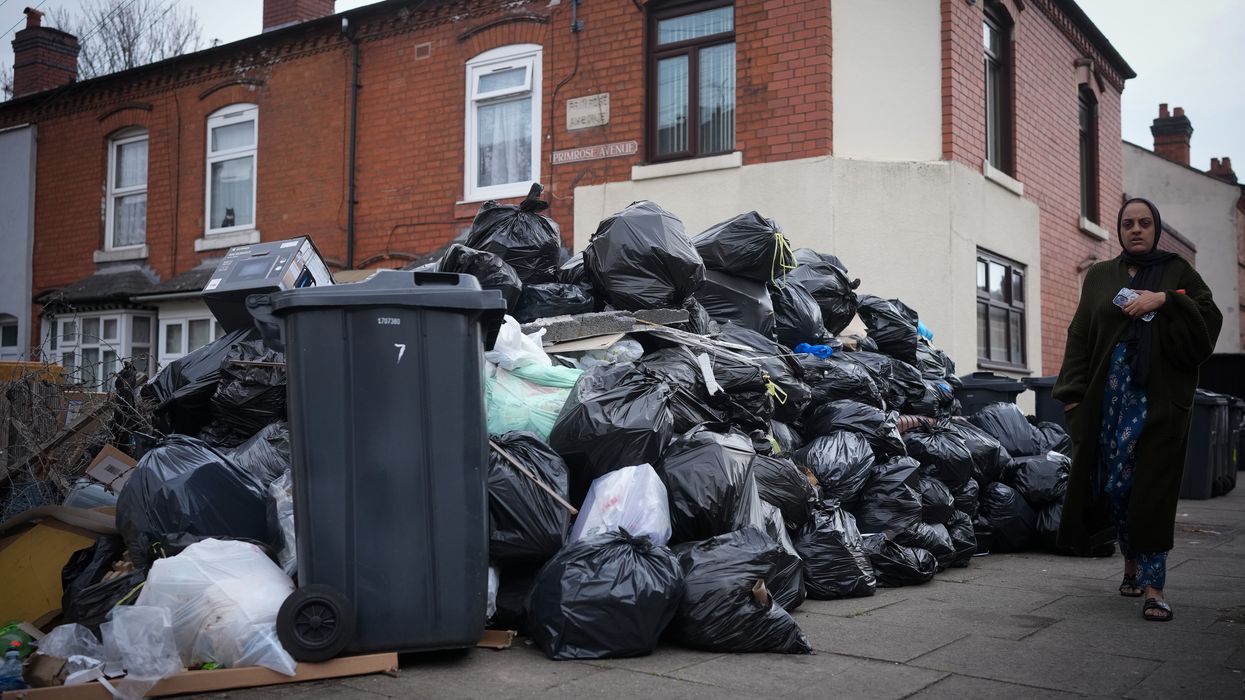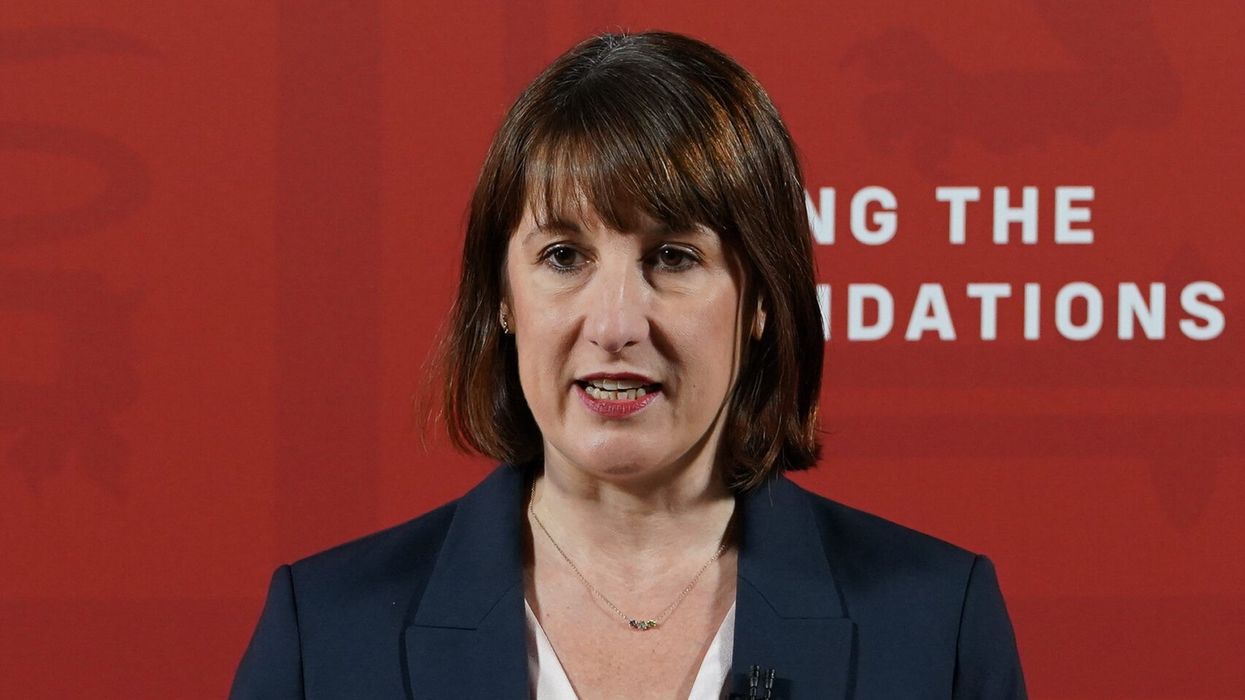By Nadeem Badshah
ROGUE landlords are charging migrants from south Asia for how many hours they rest in bed and forcing them to “sleep in shifts”, experts have revealed.
The issue was raised in a BBC documentary, aired in January, when a group of men from India were found to be living in a single room and sleeping in the same bed at different times in Deptford, south London. The raid was carried out by Lewisham Council officers.
Charities said it was a case of a landlord exploiting migrants who may not have had permanent residency rights in the UK and no access to benefits. Victims of the practice are often in low-paid work and require benefits to supplement their income.
Harmander Singh, a social policy expert, said the issue highlights rules around No Recourse to Public Funds (NRPF), where some migrants cannot access benefits.
He told Eastern Eye: “When I came to the UK in 1961, I had heard this with workers doing day or night shifts, many were sharing beds.
“Undocumented migrants can slip under the radar, though. It is a matter of survival for them.
“There is an increased risk with the pandemic where multiple people stay together, but they cannot afford [anything else]. There is a shortage of housing and people are taking advantage of gaps in the monitoring. It’s like modern-day slavery. And they do not have access to public funds due to the hostile environment. Some are economic migrants, some are fleeing persecution and trafficking. They are victims.”
It comes after recent research found that one in three households in England had at least one major housing problem related to overcrowding, affordability or quality.
Housing conditions have affected people’s ability to shield from Covid-19, the Health Foundation study said.
Researchers said one factor in the growth of shared accommodation is the government’s rule that housing benefit should only cover a room in shared housing for those under 35, compared with the previous entitlement that covered a one-bedroom flat from the age of 25.
The study cited data which estimated that 30,000 people lived in a home consisting of only one room during the pandemic.
Polly Neate, chief executive of charity Shelter, told Eastern Eye: “Housing in this country is so broken that we are returning to Dickensian times, and Covid is only making things worse.
“Renting a bed to sleep in shifts is known as ‘hot-bedding’. It used to be particularly common before we had a welfare safety net. This is one of the most extreme symptoms of the housing emergency.
“Living like this in a pandemic makes it impossible to stay safe when others are using the same bed in a matter of hours and has a devastating impact on a person’s mental health.”
Neate added: “People in the most vulnerable situations are being cruelly exploited by unscrupulous landlords. We desperately need regulation in the private rented sector to stop this.
“Local councils must also be properly funded, so they have the resources to make sure rogue landlords aren’t preying on people who have no other options.”
Khalid Mahmood, Labour MP for Birmingham Perry Barr, said: “It’s difficult for those with NRPF.
“Also, the shortage of housing and house of multiple occupancy, in some instances in houses in Birmingham, 35 people in one house in this day and age.
“Councils don’t have the resources for inspections. The [tenants] don’t have support for maintenance.
“NRPF has to be resolved. It has been around for far too long – migrants should be offered support and allowed to work. The situation allows them to be taken advantage of by unscrupulous landlords where money is made from them, particularly in the private rented sector. It is disgraceful that we are putting up with this.”
The London mayor Sadiq Khan has been campaigning for more protection for tenants, with reports of rogue landlords and agents soaring during the pandemic.
The latest figures from the mayor’s “report a rogue landlord or agent” online tool saw more than 1,400 complaints between March and December last year.
Khan recently unveiled an online landlord licence checker which allows tenants to put in a London postcode and check whether their landlord is registered.
Speaking as the ongoing lockdown was announced, he said: “These latest figures show the huge pressure on renters during the pandemic. It is now time for the government finally to take the needs of private renters seriously and help those struggling to keep a roof over their heads.
“There is now clear consensus from organisations representing both renters and landlords that the government needs to take bold action to stop evictions as we enter another national lockdown.”
Meanwhile, the number of people sleeping in bins to keep warm is increasing. Waste collection staff are now finding an average of three people a day risking their lives sleeping in refuse bins, according to firm Business Waste.
The number of people found sheltering in commercial and domestics bins by waste collectors has risen from 21 per cent in 2014 to 35 per cent in 2019.
One woman from India was found by council officers to be living in a property in Wembley, London, with up to 26 people paying £65 a week in rent.
She said: “I am not happy with the conditions. I cannot stand the mice and rats [scurrying] around at night.”
However, Mahesh, another resident who worked as a part-time builder, said living in squalor was better than his conditions in India. He said: “This country has money, in our country there is no money.”
The government has introduced licences to improve the private rental sector and stop rogue landlords.
Initially, they were targeted at homes of multiple occupation (HMOs) but in some areas there are also selective licences for single household properties.
The scheme relies on tenants reporting their landlords to the local authority. Anyone renting a property without a licence can be fined up to a year’s rent which is then paid to the tenant.
The Ministry of Housing, Communities and Local Government said that local authorities have enforcement powers to require landlords to address “serious overcrowding hazards”, particularly during the ongoing coronavirus pandemic.
It added: “However, we expect local authorities to take a common-sense approach to using these powers, and would instead encourage landlords and other tenants to work together wherever feasible in order to help to support these residents and carefully follow the relevant guidance on social distancing. Some clinically extremely vulnerable tenants may want to continue to observe social distancing.
“In these cases, landlords should do what they can to help tenants achieve this.”
















 With Syed Mohsin Raza Naqvi
With Syed Mohsin Raza Naqvi Meeting consular staff at the British High Commission in Islamabad last Friday (16)
Meeting consular staff at the British High Commission in Islamabad last Friday (16) 

